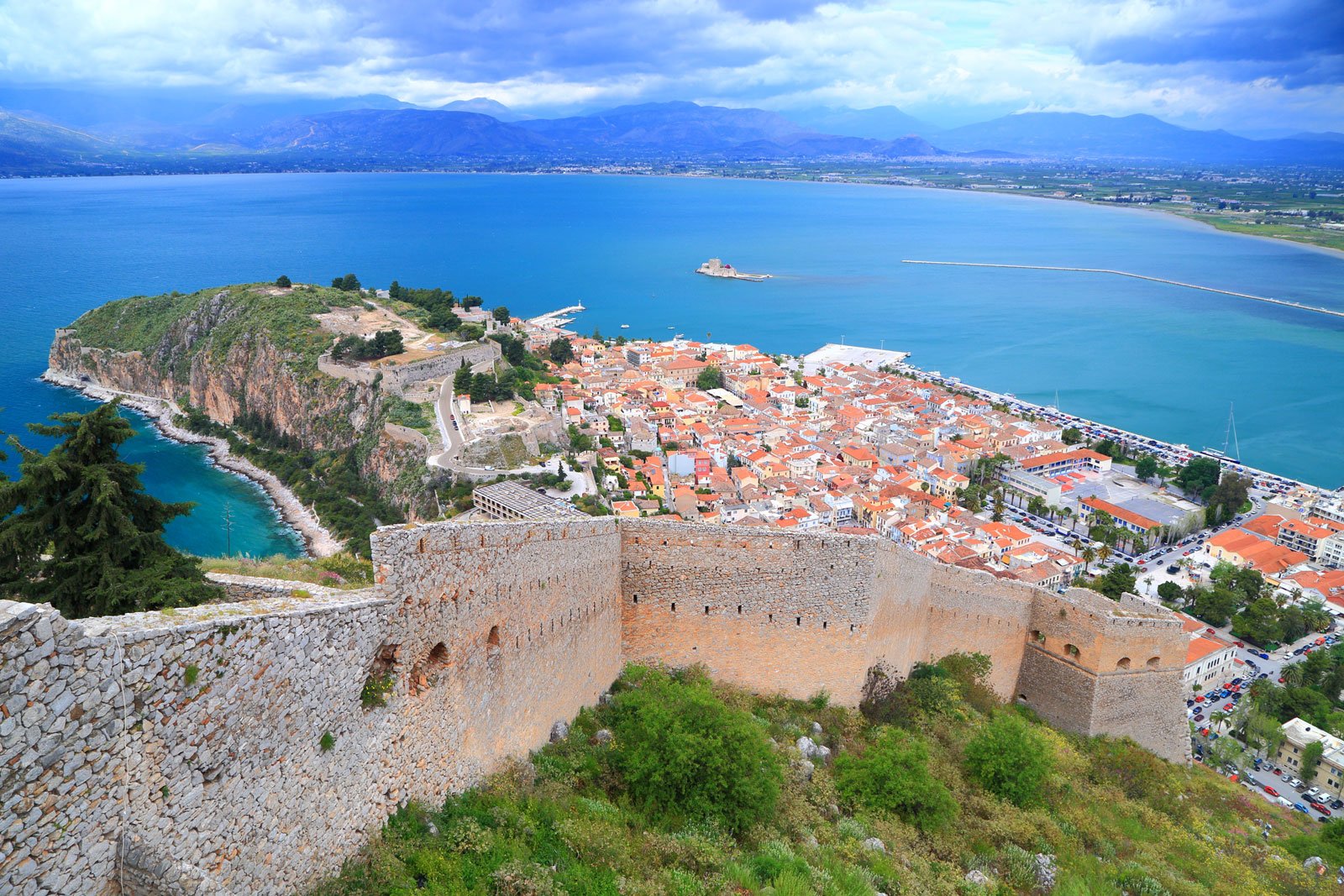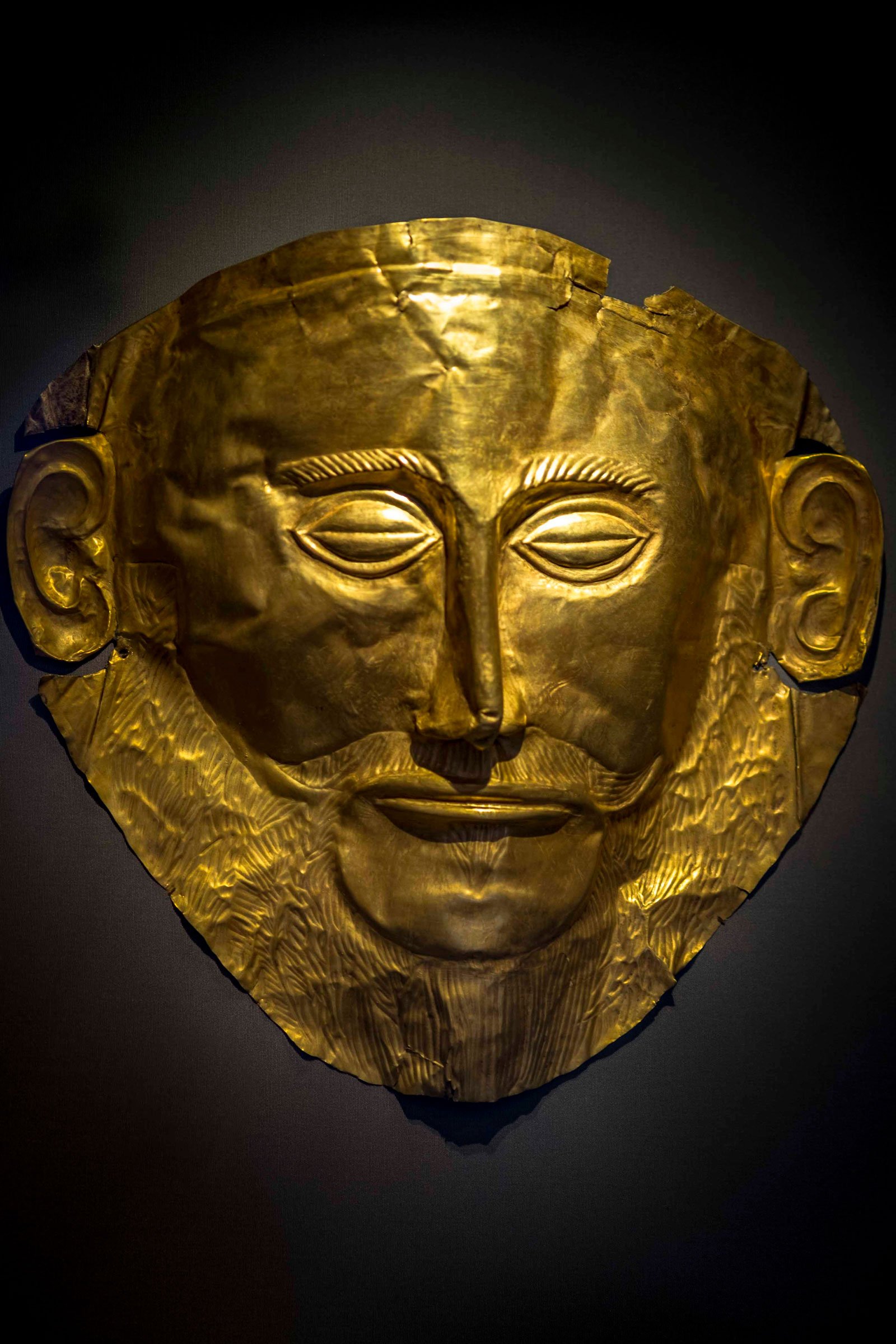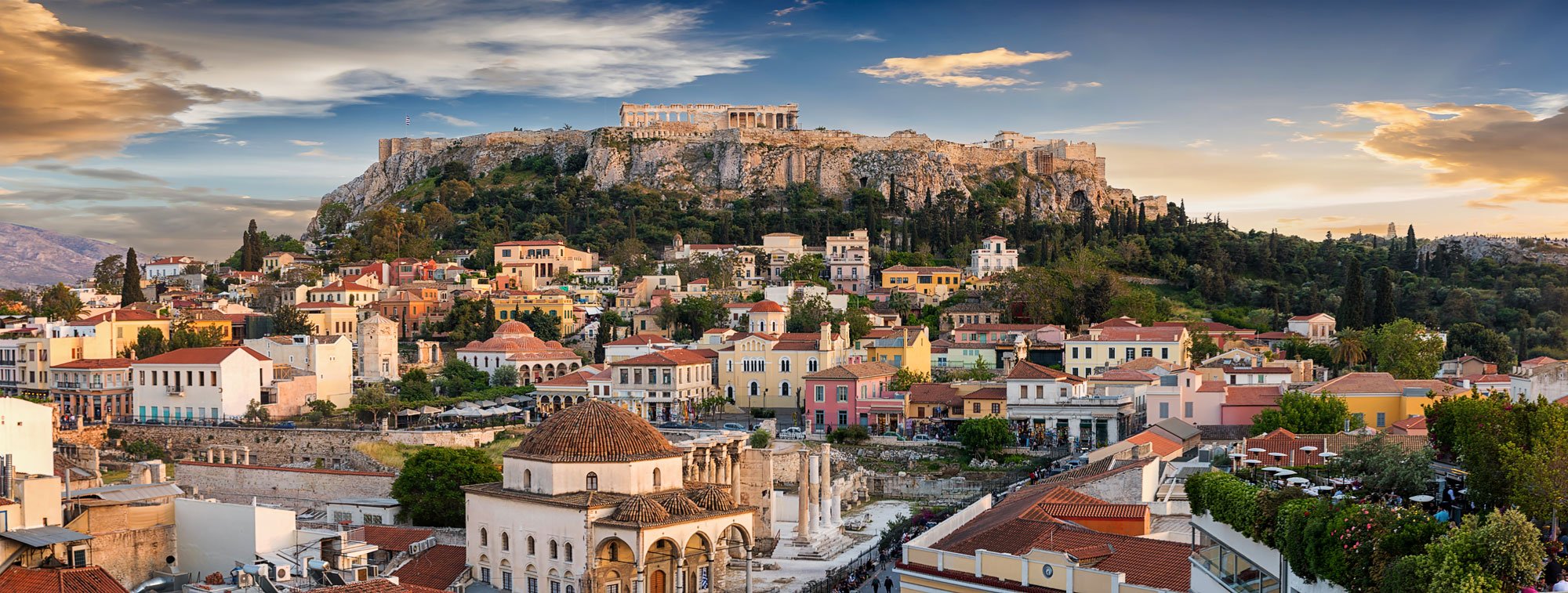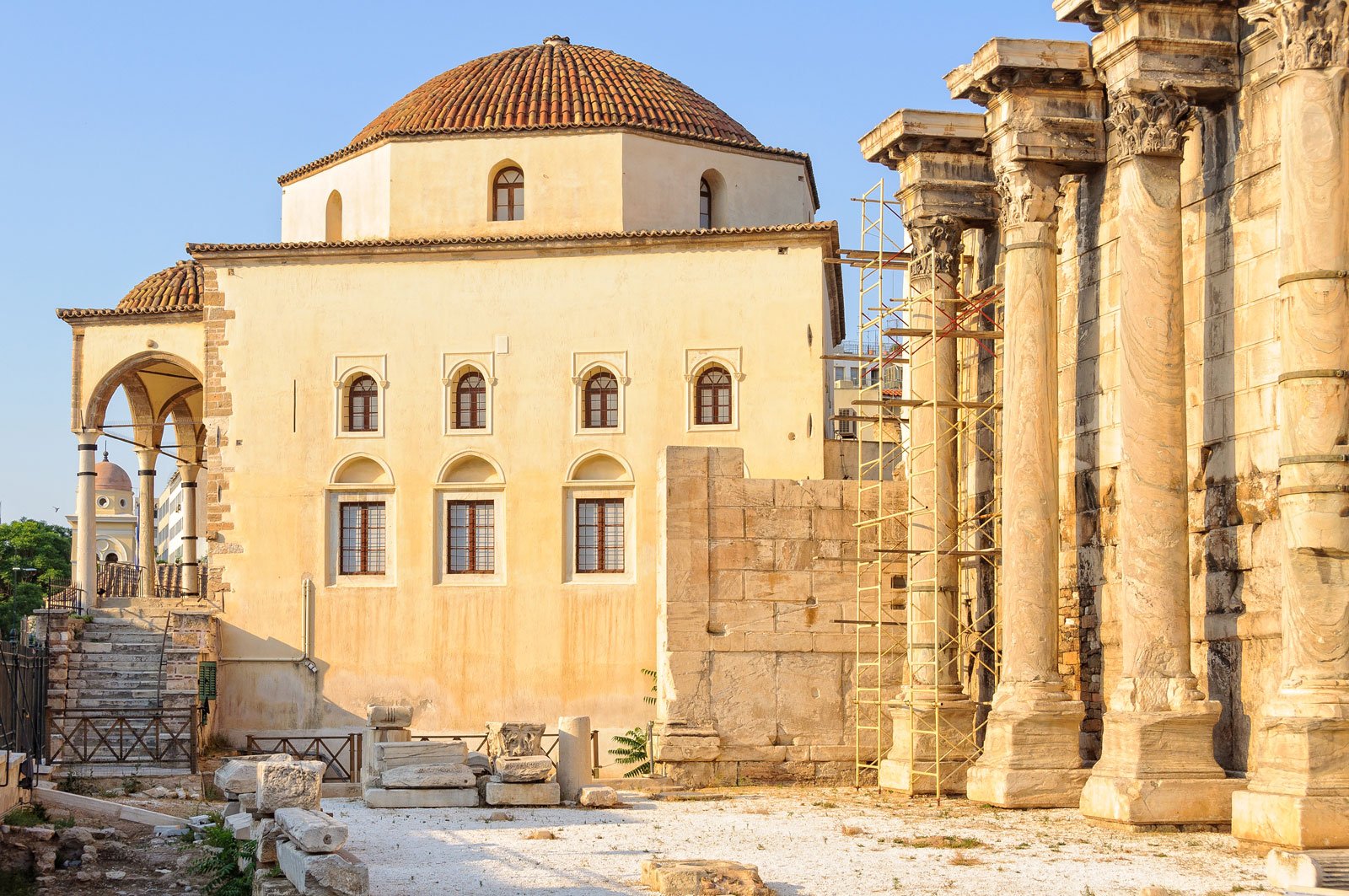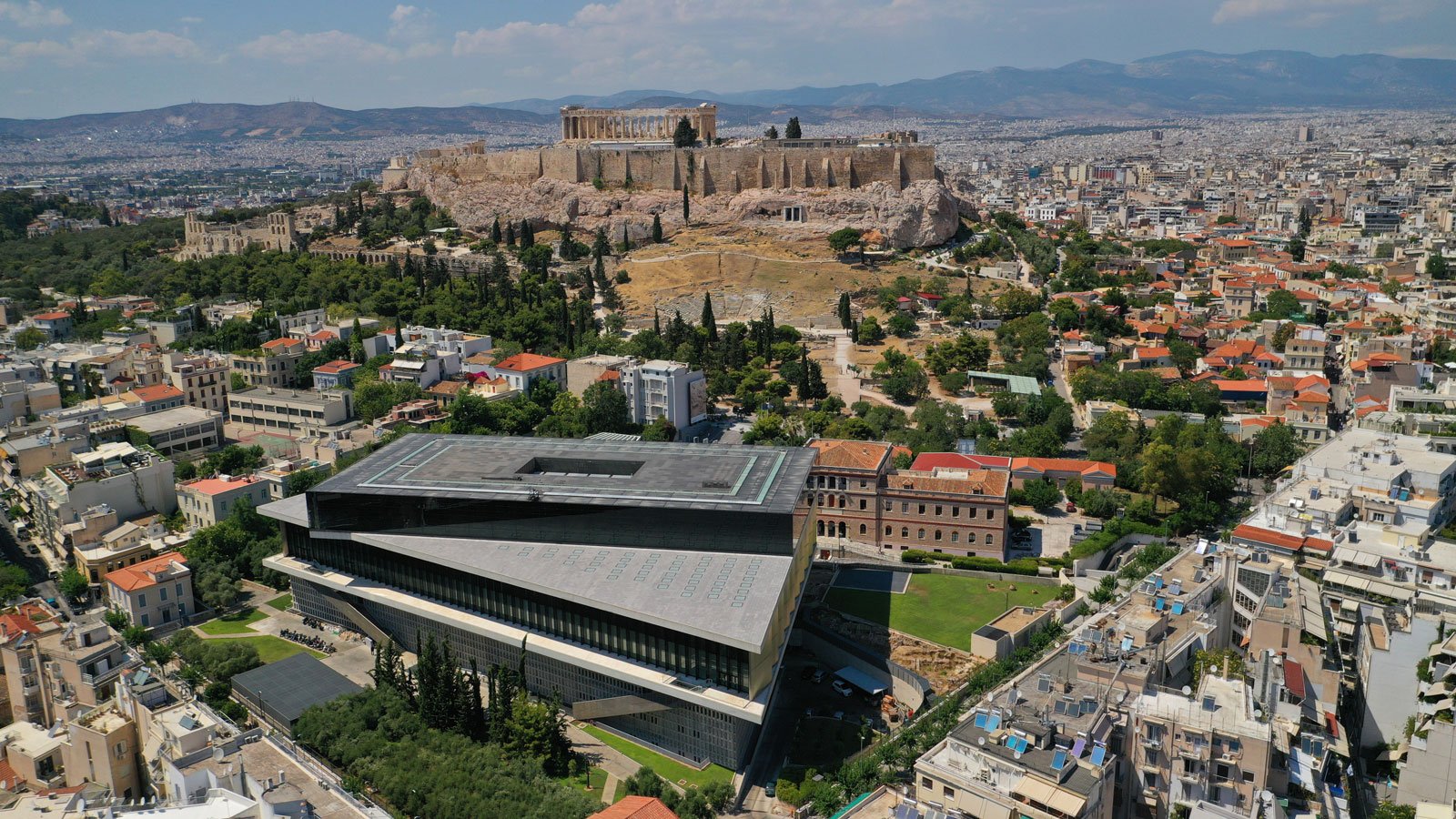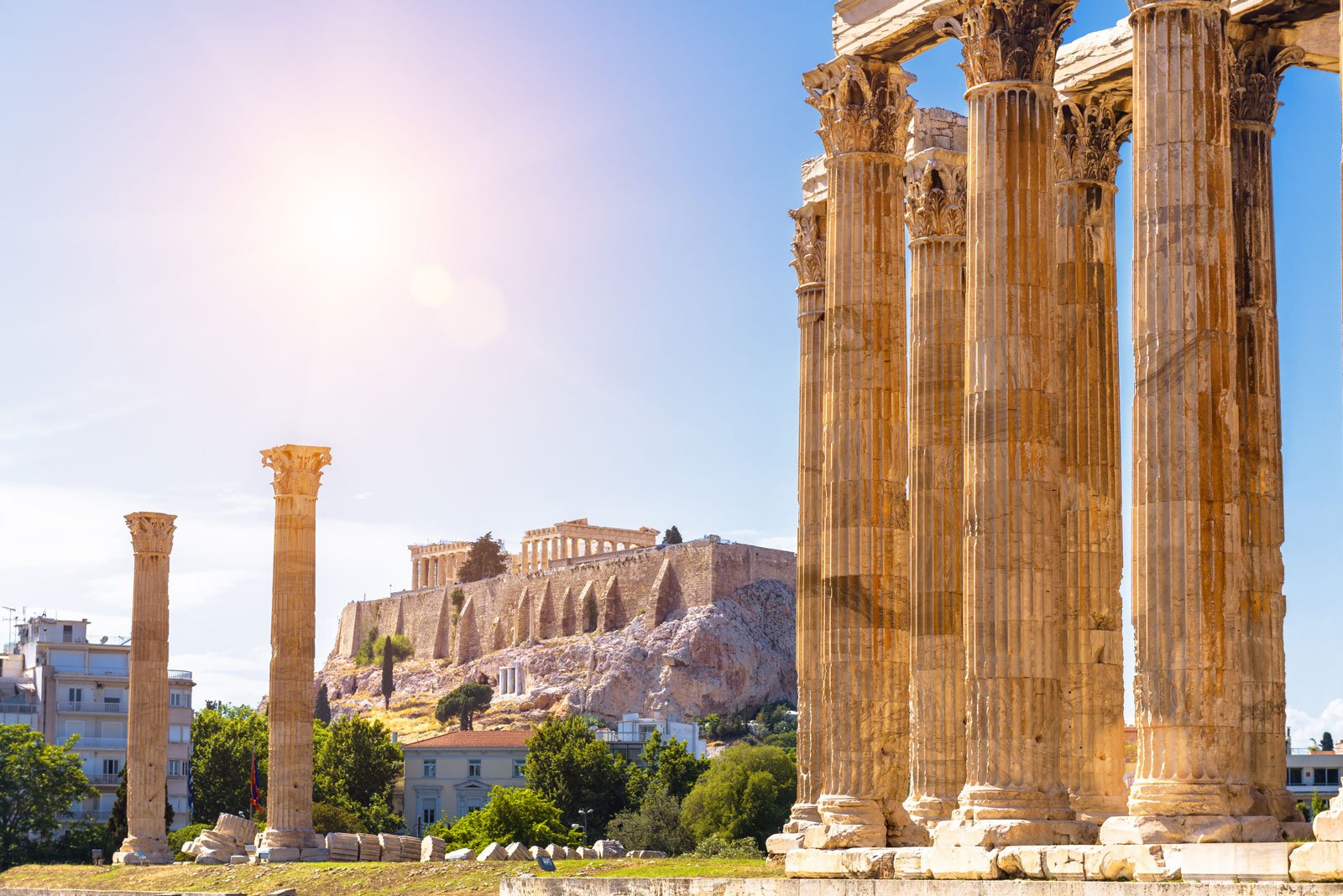
Athens in Depth
08-19 january 2025
DR Estelle Lazer
Enjoy a long-stay tour in Athens in the low season, and explore its 3,000-year patrimony of ancient Greek, Byzantine and Ottoman sites
OVERVIEW
The impact of Classical Greek culture, as developed in centres such as Athens, is difficult to overstate: the foundations of Western philosophy and politics, European canons of beauty, proportion and harmony in art, literary and poetic traditions, and an architectural style that would be emulated for millennia all come readily to mind. This new residential-style tour takes the lower visitor numbers of January as an opportunity to unpack and explore all that Athens has to offer.
The 12-day program explores the layers of Athens’ history through its historical epochs, beginning with the ancient city at the Acropolis and continuing to its political heart, markets, sacred precincts and popular districts. At key sites such as the Byzantine and Christian Museum and in the churches of Monastiraki, we understand the cultural shift that came with the advent of Christianity and admire outstanding Byzantine artefacts in private collections such as the Benaki Museum. From the monuments of the Ottoman city, including houses and private house museums, to the nineteenth-century Independence movement, we explore neighbourhoods like vibrant Kolonaki, in order to understand the bustling metropolis’ modern face.
The tour is based in a centrally-located hotel and offers special experiences such as a private tour of the Acropolis before it opens to the public. The included meals are a select program of gastronomic experiences, showcasing the quality of Greek produce, often in panoramic locations. The program is complemented by a day trip exploring the hinterland of the historic city, and by the expertise of your tour leader, Dr Estelle Lazer, an expert in ancient Mediterranean archaeology and history.
TOUR LEADER
Dr Estelle Lazer is an archaeologist with a specialisation in the culture of the ancient Mediterranean, and well known for her work on the human victims of ancient Pompeii.
Estelle is also an experienced tour leader, having led special interest groups through Italy and the Mediterranean for over 20 years.
Details
DATES:
08-19 January 2025
ITINERARY:
Athens – 11 nights
PRICE:
$8,750pp twinshare
SINGLE SUPPLEMENT:
$1,400 for sole use of a double room
DEPOSIT:
$1,000 at the time of booking
FITNESS:
Above moderate
GETTING THERE:
The tour starts at the hotel in the early evening on Wednesday 08 January 2025
GROUP SIZE:
Max. 16 people in a group
PLACES AVAILABLE
-
Unpack your bags for a long stay in a centrally-located hotel in January, allowing you to encounter Athens’ extraordinary heritage without the high-season crowds
Survey an unparalleled wealth of ancient history, from the Acropolis and the triumphant Acropolis Museum, to one of the world’s most impressive archaeological museums
Admire the refinement of Byzantine art and architecture, including well-preserved churches and staggering collections of icons, jewellery and decorative art
Understand the transformations of the Ottoman city, at the Museum of Islamic Art
Appreciate a tradition of philanthropy in private galleries, including the Goulandris Museum of Contemporary Art
Get to know the modern city, from the panoramic views of Lycabettus Hill to chic Kolonaki’s cafes and boutiques
-
WEDNESDAY 08 JANUARY – ARRIVAL (D)
We meet in the lobby of our hotel at 5.30pm, with an opportunity to meet one another and tour leader Dr Estelle Lazer over a drink. We then continue to a nearby restaurant for dinner together. First of eleven nights in Athens.
THURSDAY 09 JANUARY – THE ACROPOLIS AND NEW ACROPOLIS MUSEUM (B, L)
In ancient Greek, the word ‘acropolis’ refers to a citadel-like settlement on a hill over a city – but when most of us use this word, we’re thinking of the site in Athens that is still one of the best preserved (and best known) monumental complexes of ancient Greece. Today we meet our national guide and, together with Dr Lazer, make our way to the Acropolis. Recognised by UNESCO for its outstanding and global significance, this rocky outcrop and its plateau is indelibly associated with the history of the ancient city and the Greek empire. Over time, it was particularly dedicated to the cult of Athena, and from the fifth century, under Pericles, the Parthenon, Erechtheion, Propylaia and Temple of Athena Nike took on the forms that would prove so influential for millennia of architects, as we learn on our guided tour. After lunch together, we have a guided introduction to the New Acropolis Museum, inaugurated fifteen years ago and offering a state-of-the-art home for the many antiquities that have been excavated here. The room of the frieze, ready for the return of the Elgin Marbles, is particularly striking. After time to explore the collection independently, we return to the hotel for an evening talk by Estelle.
FRIDAY 10 JANUARY – THE AGORA & LYCABETTUS HILL (B)
As at the Acropolis, the Agora of Athens is the best preserved example of the complex of public buildings that lay at the heart of an ancient Greek city. Exploring the function of these buildings together, from covered shops to the mint and a library constructed by philhellene emperor Hadrian in 132 CE, we learn more about the structure of ancient Greek society. There is time to survey the artefacts in the Agora’s museum, inside the Stoa of Attalos, before lunch at leisure in Plaka. This district, located alongside the Agora at the foot of the Acropolis, is known as the “Neighbourhood of the Gods” due to its proximity to so many ancient sacred sites. In the afternoon, we visit the Paul and Alexandra Canellopoulos Museum here. Founded in 1923, it passed to the Greek state in 1972 and its more than 6,000 artefacts showcase six millennia of history in Athens and wider Greece. In the afternoon, we continue to Lycabettus Hill. The highest point in Athens, it offers an extraordinary panorama that also orients us to the important zones of the ancient city and the principal neighbourhoods of the modern metropolis. After a talk back in our hotel, the evening is at leisure.
SATURDAY 11 JANUARY – TREASURES OF GREEK ARCHAEOLOGY (B)
Today we have the opportunity to admire some of the most important artefacts of the ancient Greek world to ever have been excavated. Our guided introduction to the collections of the National Archaeological Museum includes the Mask of Agamemnon, a gold funeral mask that evokes the culture of Bronze Age Mycenae, while the Artemision Bronze – a monumental statue of Zeus or Poseidon – and Hellenistic marble sculptures of Aphrodite demonstrate how Greek ideals of beauty would inform Western art for millennia. There is ample time to explore the museum at your own pace, including its neolithic, Cycladic and Mycenaean collections, with lunch and the afternoon at leisure. We meet this evening for a talk by Estelle, before an evening at leisure.
SUNDAY 12 JANUARY – TEMPLES & A STADIUM (B)
While most visitors to Athens are familiar with the great archaeological complexes of the Acropolis and the Agora, the city offers a wealth of sites that enhance our understanding of how life in the ancient city functioned. This morning we head to the Temple of Olympian Zeus, a giant temple dedicated to the greatest god in the Greek pantheon. Construction began in the sixth century BCE, but it was Emperor Hadrian who gave it the second-century aspect that we can still admire today. There are ruins here of other temples, and the site was of great interest to nineteenth-century visitors looking for a Romantic view on their Grand Tours. After time for lunch in the area, we continue to the Panathenaic Stadium. The first structure used for the Panathenaic Games was constructed here ca 330 BCE, but by 144 CE up to 50,000 spectators could be accommodated in the impressive marble-clad stadium. Thanks to a nineteenth-century restoration, this is still the location for the handover of the Olympic Flame to the host nation. In the later afternoon, we transfer to the Kerameikos, an ancient potters’ quarter that, over time, grew to accommodate a large cemetery. Fascinating finds have been uncovered here as a result of work on the modern city’s metro system. We return to the hotel for an evening at leisure.
MONDAY 13 JANUARY – CORINTH AND NAFPLIO (B, L)
Today the mainland is of Attica is divided from the Pelopponese by the 6km-long Corinth Canal, an impressive industrial conduit that recalls the prominence of ancient Corinth as a commercial centre. Our excursion today takes us to Corinth and on our guided tour of the archaeological site, we see an excellent example of a later Roman city layout, and at sites such as the Temple of Apollo we also begin to understand the impact of Christianity on the ancient world, with the arrival here of the apostle Paul. Afterwards, we continue to Nafplio, a charming port city that passed to Venice during the Fourth Crusades and still retains a sense of its medieval splendour. There is time to stroll its seaside promenade before we continue to a local winery for lunch and a tour of an olive oil mill. Returning to Athens, the evening is at leisure.
TUESDAY 14 JANUARY – BYZANTINE ATHENS (B)
With the arrival of Rome and, in time, Christianity and Christian emperors, the city of Athens underwent significant changes. Today we gain a sense of these at a number of central sites. We commence with a tour of the Byzantine and Christian Museum, one of the world’s best collections of art and architecture in the influential Byzantine style. From the transformation of pagan deities into Christian saints and the development of Greek icon painting, the works of sculpture, painting and architecture demonstrate the evolution of a new visual language. Continuing to the central district of Monastiraki, we admire the tenth-century church of Pantanassa, the proud surviving heart of the so-called Great Monastery that still gives its name to this neighbourhood. We also visit the Valadoros Collection, a staggering collection of medieval ecclesiastical decorations – from manuscripts to textiles – that was assembled in the twentieth century by one bourgeois Athenian family. (NB: the order of today’s activities may be re-arranged to accommodate the re-opening of the Valadoros Collection.) Back at our hotel, there is a talk in the early evening.
WEDNESDAY 15 JANUARY – MASTERPIECES OF ART & ARTEFACTS (B, L)
Today is dedicated to two exceptional collections of art and antiquities, both of them located in the heart of Athens’ modern political district. The neo-classical building of the Benaki Museum houses an extraordinary collection that covers the pre-history of Greece down to modern times. It is hard to summarise the highlights of its over 100,000 artefacts, from delicate diadems produced for the patrician women of ancient Greece to early examples of icon painting by El Greco. Antonis Benakis, a great collector and philanthropist, established the museum in memory of his father Emmanuel, one of the most important and wealthy Greek cotton brokers of Alexandria, Egypt. After lunch together in the museum café, we continue around the corner to another private collection in a fine neo-classical villa: the Goulandris Museum of Cycladic Art. From the 1960s, Nicholas and Dolly Goulandris built up their collection of artefacts from the Cyclades. The enigmatic works of ancient sculpture are particularly fascinating, as they demonstrate a clear influence on modern abstract artists from Picasso to Brâncusi and Modigliani. In fact, this museum is well known for its temporary art exhibitions that marry the ancient and contemporary in engaging ways. After a talk in the hotel, the evening is at leisure.
THURSDAY 16 JANUARY – ISLAM & THE OTTOMANS (B)
After a millennium of Christian influence, under the Byzantine emperors, Athens was conquered by the Ottomans in 1458. In addition to the political changes this brought, the Ottoman conquest also introduced a new Islamic style and a way of life that can still be pinpointed at key sites in the city. We commence with a tour of the Benaki Museum of Islamic Art. Here the artefacts cover not just the period of Ottoman rule in Athens, but also the ceramics, jewellery, glass and metalwork that were produced throughout the Islamic world from the seventh century. Many of them entered Anthonis Benakis’s personal collection, due to the family’s time living in Egypt. Continuing to the Benizelos Mansion, often referred to as the oldest house in Athens, we understand how the Ottoman elite lived, in a key surviving example of a konaki or family enclave. There are both a wine and olive press in the backyard, an indication of the family’s self-sufficiency. The nearby Bath House of the Winds is another key Ottoman site: a bath house constructed in the fifteenth century, not long after the conquest, it was in use until 1956. The later afternoon is at leisure to continue exploring this neighbourhood close to our hotel, including its high-street shopping. The evening is at leisure.
FRIDAY 17 JANUARY – MODERNITY & INDEPENDENCE (B)
After 500 years of Ottoman rule, the nineteenth century – and a culture of political ferment throughout Europe – brought a renewed Independence movement. Even foreigners such as Lord Byron lent their voices to the cause, and after seven years of war, assisted by allies in Britain, France and Russia, modern Greece was recognised as a state in 1830. Athens, which had been gradually weakened by centuries of Ottoman rule, was rebuilt by the first modern Greek monarch and the city’s many neo-classical buildings attest to the vibrancy of this period of political and cultural reorganisation. On our guided tour of the National Historical Museum, we appreciate how the map of the city was redrawn in this period – but also how some of the seeds were sown for a difficult period of over-building, in one of the twentieth century’s most populous cities. After lunch, there is time to explore Kolonaki, a bustling modern district that shows how Athens’ neighbourhoods are being reshaped. There is the option to return to the hotel, or to continue your explorations of Kolonaki – perhaps in one of its chic wine bars!
SATURDAY 18 JANUARY – MODERN ART IN ATHENS (B, D)
As our visits have shown us, modern Athens is a city whose cultural wealth has been amplified by the philanthropy of its modern industrial giants. This morning we appreciate the patrimony of modern and contemporary art that has been gifted to Athens at the Basil and Elise Goulandris Foundation. Inaugurated in 2019, this boasts works by Picasso, Chagall, Matisse, Renoir, El Greco and Cézanne. They are displayed in a dialogue with artworks by modern Greek artists, also collected by the wealthy shipowner and his wife. Afterwards, the afternoon is at leisure for final visits to museums and galleries of your choosing, or to indulge in some last-minute shopping – or packing! We meet this evening for a farewell dinner, an opportunity to share our experiences of the city. Final night in Athens.
SUNDAY 19 JANUARY – DEPARTURE (B)
Tour arrangements conclude after breakfast in our hotel. An airport transfer is available on request; contact us for further information, or for assistance with your travel plans, thanks to our partners at Mary Rossi Travel.
-
Elia Ermou Hotel 4* Athens, 11 nights
https://www.eliaermouhotel.com/
This centrally-located new hotel offers an excellent position for our touring, allowing us to do away with coaches on a number of days. Not far from the centre of Athens at Syntagma Square, the hotel has a panoramic terrace with views onto the Acropolis, and its rooms are well-sized for the historic centre of a European city.
The décor is the very height of modernity, lending an at-times quirky feel to bathroom design and layout, but the quality, comfort and convenience are hard to beat.
NB: hotels of a similar standard may be substituted.
-
11 nights’ accommodation at a centrally-located 4* hotel
All breakfasts and 5 lunches or dinners
All ground transport, guided tours and entrance fees to sites as mentioned in the itinerary, and tipping
Expertise of and commentary by an Australian tour leader throughout, including a comprehensive series of talks in the hotel
Expertise and assistance of a Greek-speaking national guide for the duration of the tour
-
A $1,000 deposit is required at the time of booking to confirm your place on this tour.
We’ll invoice you for the balance due on 25 October 2024.
-
When you book on one of tours, we ask you to accept our terms and conditions.
Book Your Place
A deposit of $1,000 is required at the time of booking to hold your place on this tour.
Need time to confirm your plans?
You can hold a place with no obligation for 7 days while you check your other arrangements
Questions?
Get in touch with us on (02) 8599 4201 or by email



